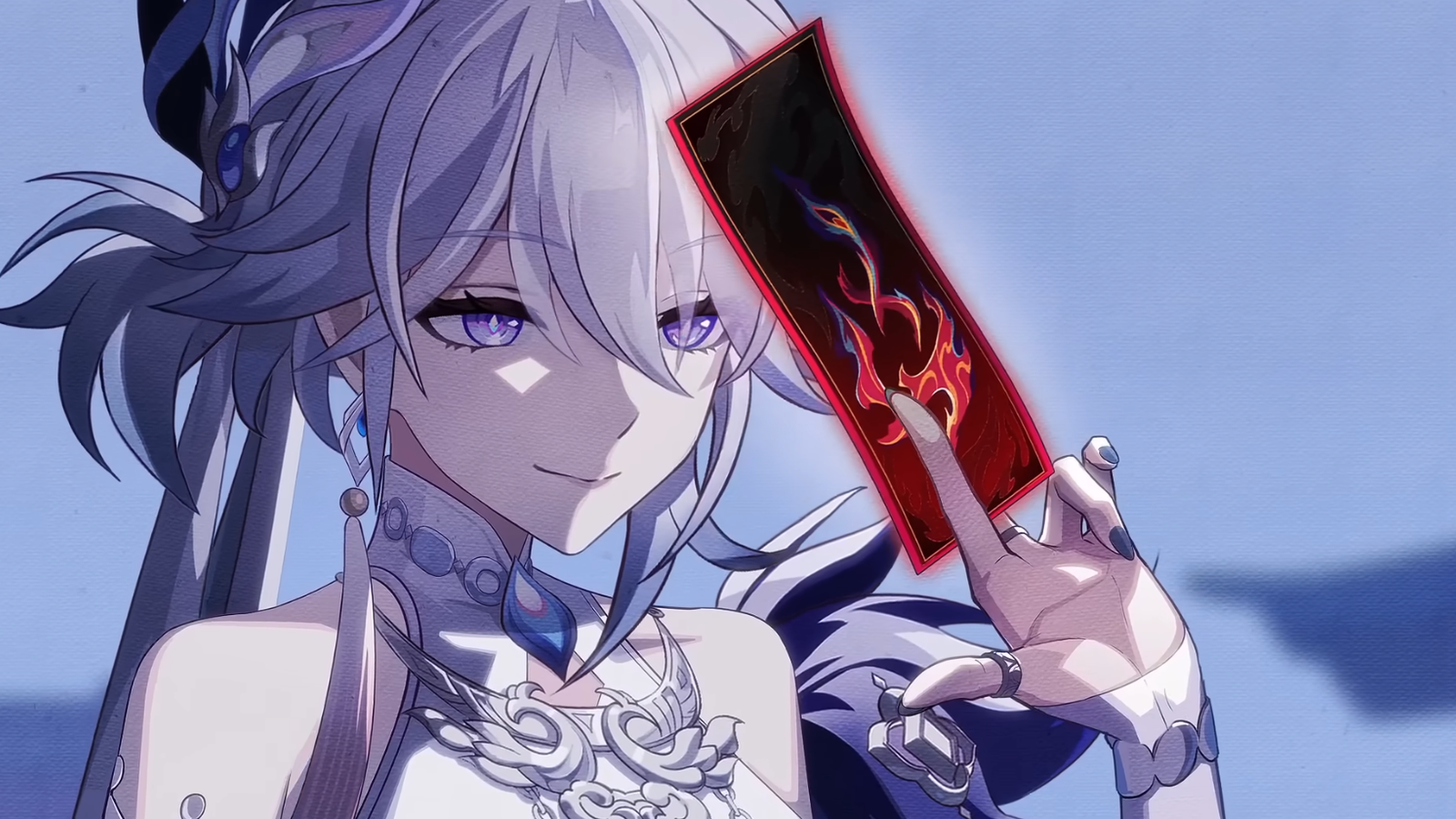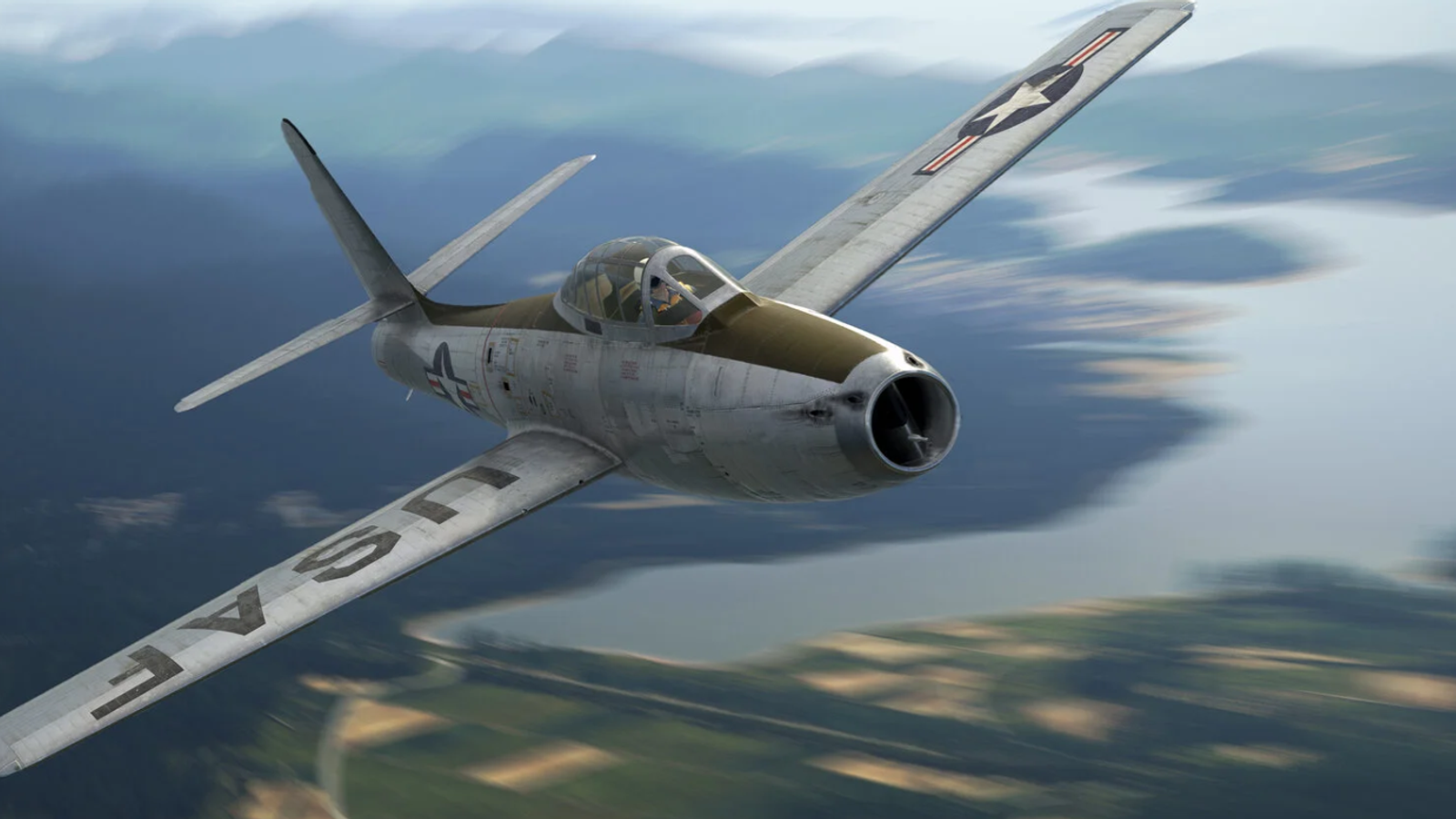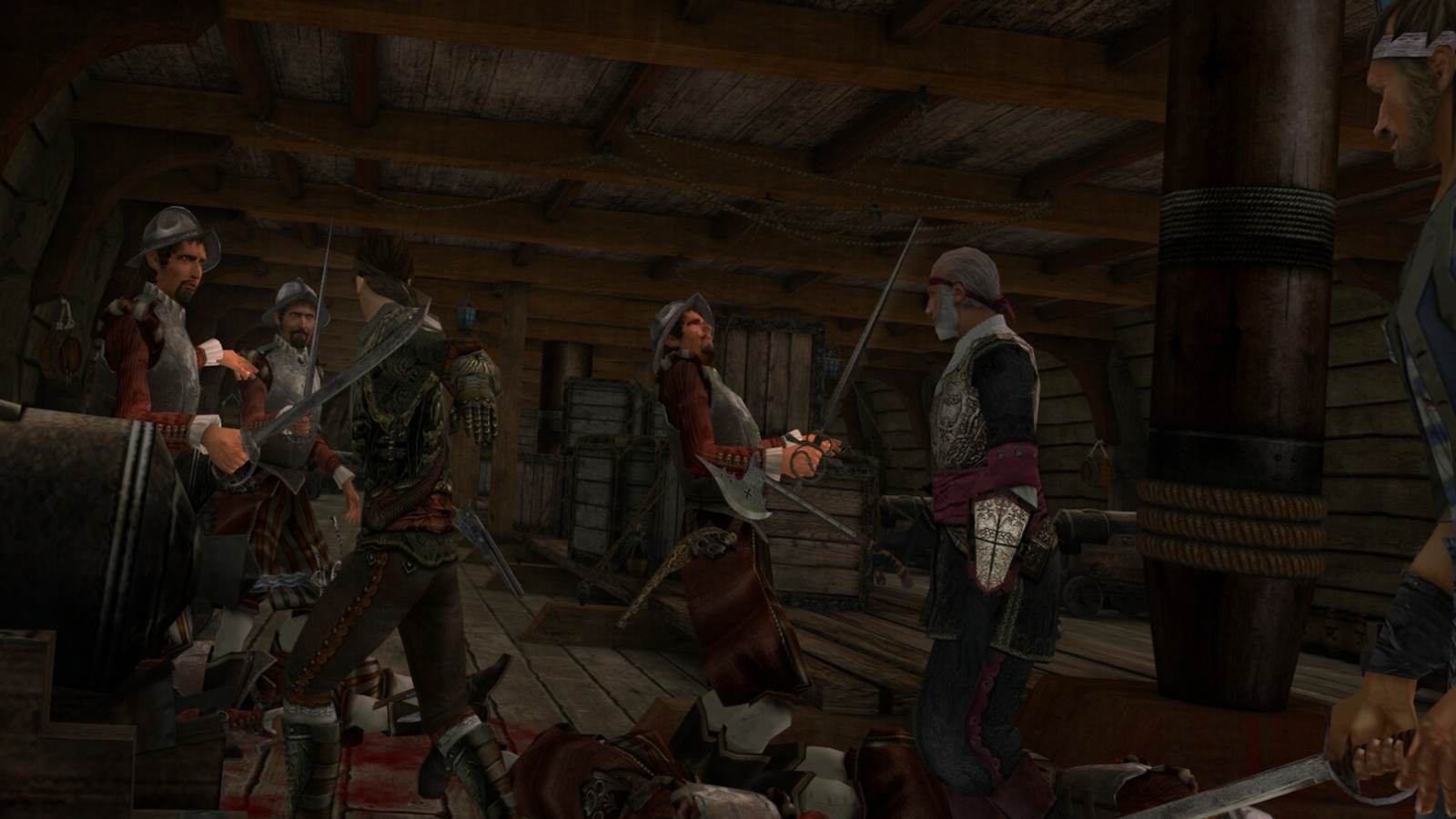
Disclosure: At the time of publishing, Patrick Miller is an employee of Radiant Entertainment.
Back in the late ’90s, a lot of people believed that video games turned children into mass murderers, and so the Holy Grail for the game industry was a game that we could confidently point to and say, “Look! It’s productive.” But aside from edutainment stuff like Number Munchers, or hard puzzle games like Myst (which we figured made you smarter in some hard-to-describe way), we couldn’t really do much more than hand-wave stuff about improving our hand-eye coordination–as if a noscope 360 MLG headshot would somehow become a key facet of modern life in the mysterious future.
Which is funny, because during that same period of social anxiety about the effects of games on young minds, I was playing a game that showed me the importance of consistent practice, developed my critical thinking and problem solving skills, helped me develop the ability to reflect on my actions and habits and change them, and taught me how to research, study, and form learning communities with other like-minded people. That game was Street Fighter II.
All across the game industry I’ve found other people who picked up a competitive game like StarCraft, Counter-Strike, or Super Smash Bros., played it seriously, and found that in their desire to “Git Gud” they developed skills and habits that were useful for other things besides just playing games.
Weightlifting for My Brain
I was something of a smart kid growing up–and like many kids that are told they’re smart, I never really learned how to work hard to get good at something I was bad at, preferring instead to stick to the stuff I was good at so I could continue to feel smart. When it came to school stuff, I was basically a B student until I found an assignment I was interested in. It felt like I was just born with the things I was good at and the things I wasn’t, and I didn’t really know how to get better.

And then I found a Capcom vs. SNK arcade cabinet in an old Berkeley pizza place. I walked through the crowd, put my quarter up, lost, and realized that nothing in my life to date had been as exciting as playing video games against strangers in front of an audience. I met a friend at school who was also into fighting games, and we started practicing together, meeting other people, traveling to different arcades, and going to tournaments. I was still a B student, but I kept up those Bs while spending 2-3 hours after school every day playing at the arcade, entering every competition I could, devouring old VHS tapes of tournament footage for clues, and hunting for new practice partners.
The funny thing was, it wasn’t the feeling of competence that got me hooked–I was bad. But unlike school, the path to improvement in fighting games was somehow less intimidating. All I had to do was ask the people who beat me what I was doing wrong, and I’d get better. I must have been embarrassed by the thought of getting a tutor or extra help from a teacher (“smart kids don’t need help!”) but when my friend beats me at a fighting game, he wants me to improve, because he doesn’t get better unless I get better.
“Practice things you’re bad at and you’ll get better at them” is one of those things that seems so obvious I feel a little silly just typing those words, but for me, being able to actually see my time turn into measurable improvement was powerful stuff; up until that point, I was good at some things and bad at others and didn’t really know what I could do to change that. I never won a single tournament back then, but it didn’t matter. For the first time in my life, I felt like I could be whoever I wanted to be. All I had to do was consistently put in work.


Getting Good at Getting Good
Don’t get me wrong, I don’t think our fighting game skills translate directly into life lessons; if there’s a secret code to success in life, it probably doesn’t take the shape of a dragon punch’s control input. But I do think there’s something special about learning how to get good at a video game, and it stems not only from the fact that we’re learning to practice and work hard, but also that we can be motivated to do so completely on our own. Most of us don’t do our homework because we want to get good at math, but because our teachers and parents tell us we need to if we don’t want to work a shitty job for the rest of our life. And hey, if we discover that we love math and want to get better at it, there are always established resources to study and classes to take.
But those sorts of structured learning environments and resources aren’t available for most video games (at least not yet). There aren’t any Street Fighter Alpha classes to take, no Hearthstone professors holding office hours. While YouTube does offer some help, it’s often the case that players need to first know what questions to ask to even take advantage of those resources: How would someone who has never played a competitive RTS before even know to search for “build order”? So when you’re trying to improve your skills, you don’t just have to learn how to play better, you have to learn how to learn to play better. And all without a prebuilt system of education.


Put another way: If I took you aside and told you I’d give you $1,000,000 if you could beat me in Capcom vs. SNK 2, what would you do to get that money? How would you practice? Where would you find help, and what kind of help would you ask for? How would you identify your weak spots and patch them? How would you identify my weak spots and exploit them? How would you evaluate your performance? How would you validate your training methods to make sure you’re using your time as efficiently as possible? These are all problems that we tackle on the regular in any competitive game, and since there isn’t an established practice of amateur coaching in video games, it means we’re trying to learn this stuff on our own or with peers, which means that we learn to become our own teachers and coaches as well. As we learn and test all these things, we invariably fail a whole lot, which means that we have to embrace failure (even publicly-broadcasted-on-stream-in-front-of-a-lot-of-people failure) as a necessary step of getting better.
Now I’m 30, and I’ve spent over half my life playing fighting games, not because I’m trying to win EVO, but because they continue to teach me how to improve myself. Ironically, I’m still not very good at fighting games–most of the high moments of my career involve losing to well-known players like PR Balrog or Daigo Umehara–but I can confidently say that they taught me how to persist through the demoralizing feeling of being bad at something until I get better at it, and that’s something which I’ve applied to other aspects of my life as well.
Working hard in Street Fighter became working hard in actual martial arts; I started in Shotokan Karate hoping to learn to do some Shoryukens in real life, and ended up getting a year-long Fulbright Fellowship to study Brazilian Jiu Jitsu in Japan (it’s a long story), then came back to the United States and worked as a youth boxing coach for a year. Applying this same learn-as-you-go mentality to my writing and editing skills got me the chance to be the editor-in-chief of Game Developer Magazine for a year and change before it shut down (sadly, the death of print is not something I could stop, no matter how practice I put in). And in a wonderfully recursive twist of fate, all this eventually got me a chance to work on a fighting game with the team at Radiant Entertainment.
While my story sounds lovely, there’s a far more common story in competitive games: “I quit.”


Chasing the W
I hear it all the time: “I started playing [game], I got obsessed with it and spent all my time playing it, then after [long period of time] I decided to quit and I’ve been much happier since.” I’m sure that sounds like a familiar story to many of you. (Tell me about it in the comments section!)
This is, I think, the downside to competitive games: They can often feel more rewarding than everything else going on in your life, which makes it easy to spend more and more time on them. It feels good when your friends give you props for hitting Diamond rank, even better to make a few bucks winning a local tournament, and better still when you find people from across the world recognizing you because they saw you play on stream. And so people chase that feeling of self-improvement, grinding away and climbing the ladder until one day you look around and realize you’re miserable and burnt out. You’ve hit an insurmountable wall, and you feel like you’ve wasted your time. To continue with the brain-weightlifting analogy, you’ve burned out from overtraining, and maybe you came to the conclusion that building big muscles for its own sake isn’t as rewarding as using them to do something else.


Most of us who play competitive games do quit, eventually. Maybe that’s because in the end a little part of us expected that these games would end just like any other video game ends, where we beat the final boss and we get to be the best. But so many of us stick around, because we find that playing and competing is actually just the start of our path through these competitive games. At first, you learn and play and compete, but eventually you teach and grow and build. Maybe your love of the game inspires you to throw a tournament; maybe you start to draw or make music or something creative in homage to your favorite characters; maybe you make your own game. (In my case, it inspired me to write a free book teaching people how to play fighting games). And then you get to find joy in making stuff and sharing it with others who understand it.
Just like in physical sports, anyone who only plays competitive games primarily because they enjoy the satisfaction of winning won’t last long. The joy isn’t just in winning, it’s also in the losses that led to your leveling up that led to the win, and eventually, it turns into being a part of someone else’s journey and growing alongside them.
I don’t know who you are or what your life looks like, Giant Bomb readers. Perhaps you already have something like this–a hobby and a community that challenges and inspires you to learn and grow. If you do, that’s great! But I’m sure that some of you out there feel trapped by your comfort zone, believing that you will only ever be able to do what you can do now, beating yourself up for not being better, or perhaps never even daring to think that you could be better than you are. I was there, once, and I didn’t even realize that mindset wasn’t normal until I looked back at it years later.
If that sounds familiar, try picking up a competitive game and putting in some work. Lose a whole lot, but instead of getting angry and blaming the game or your teammates or whatever, try finding concrete, specific things you can improve on, and do those things in the next game. Did you win? Doesn’t matter! You got better at a thing. Now just do that over and over again until you save your life.
Patrick Miller does a lot of thinking, talking, and writing about fighting games. When he’s not managing communities for Radiant Entertainment, he’s tweeting inane stuff @pattheflip, teaching fighting games on YouTube and Twitch, and writing on Medium. Make sure to check out his chat with Austin over on Giant Bomb Presents!


